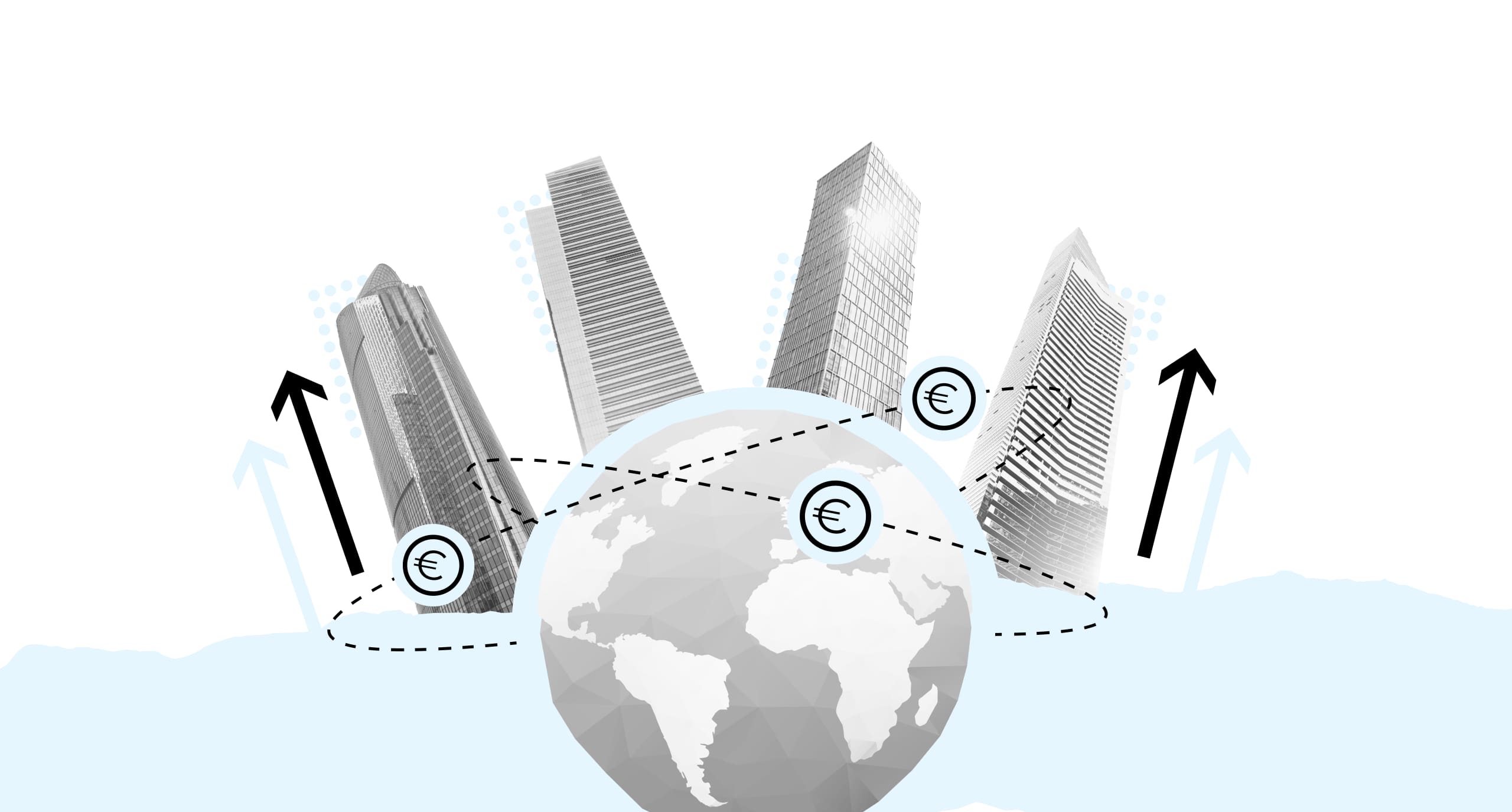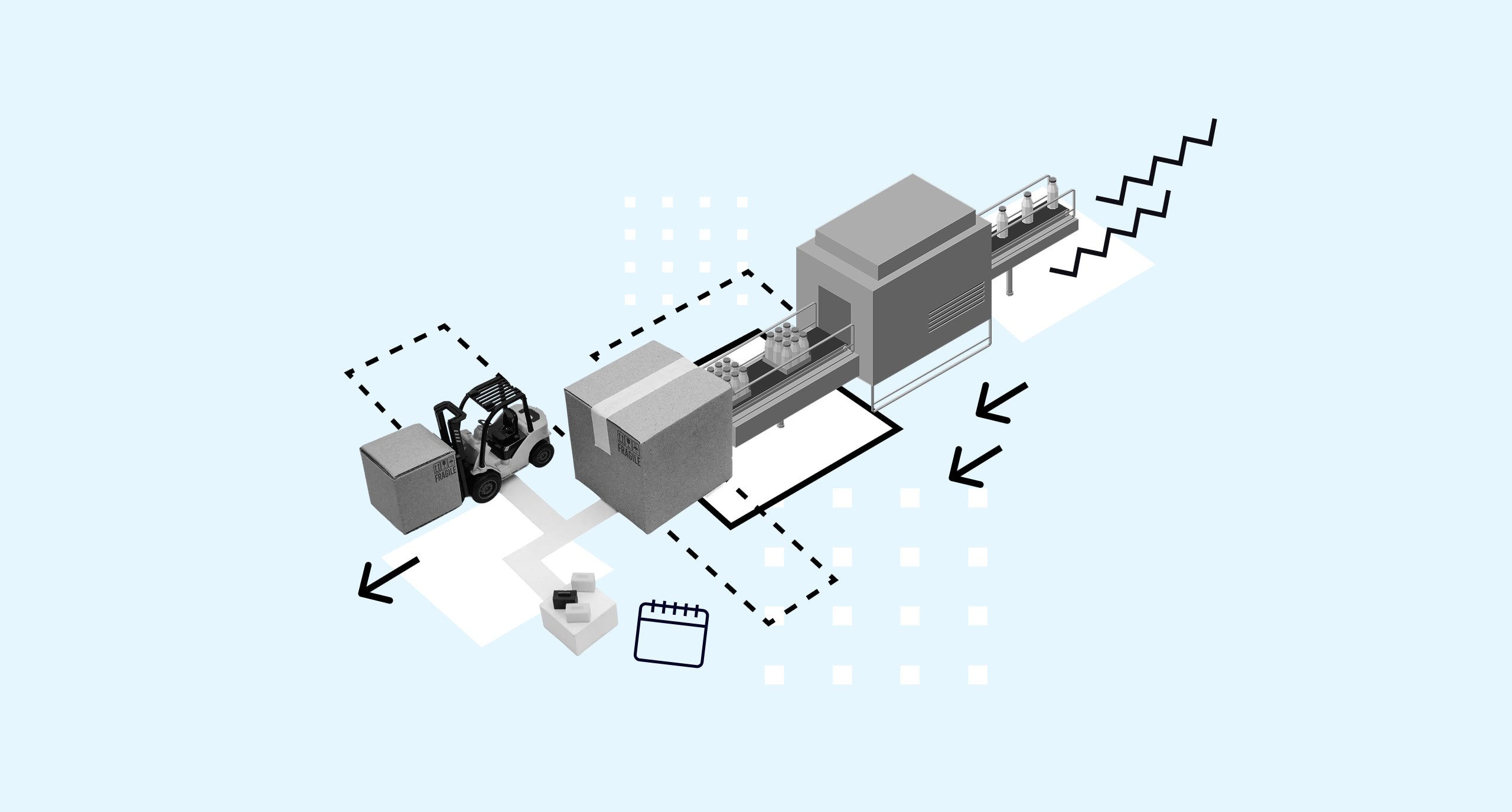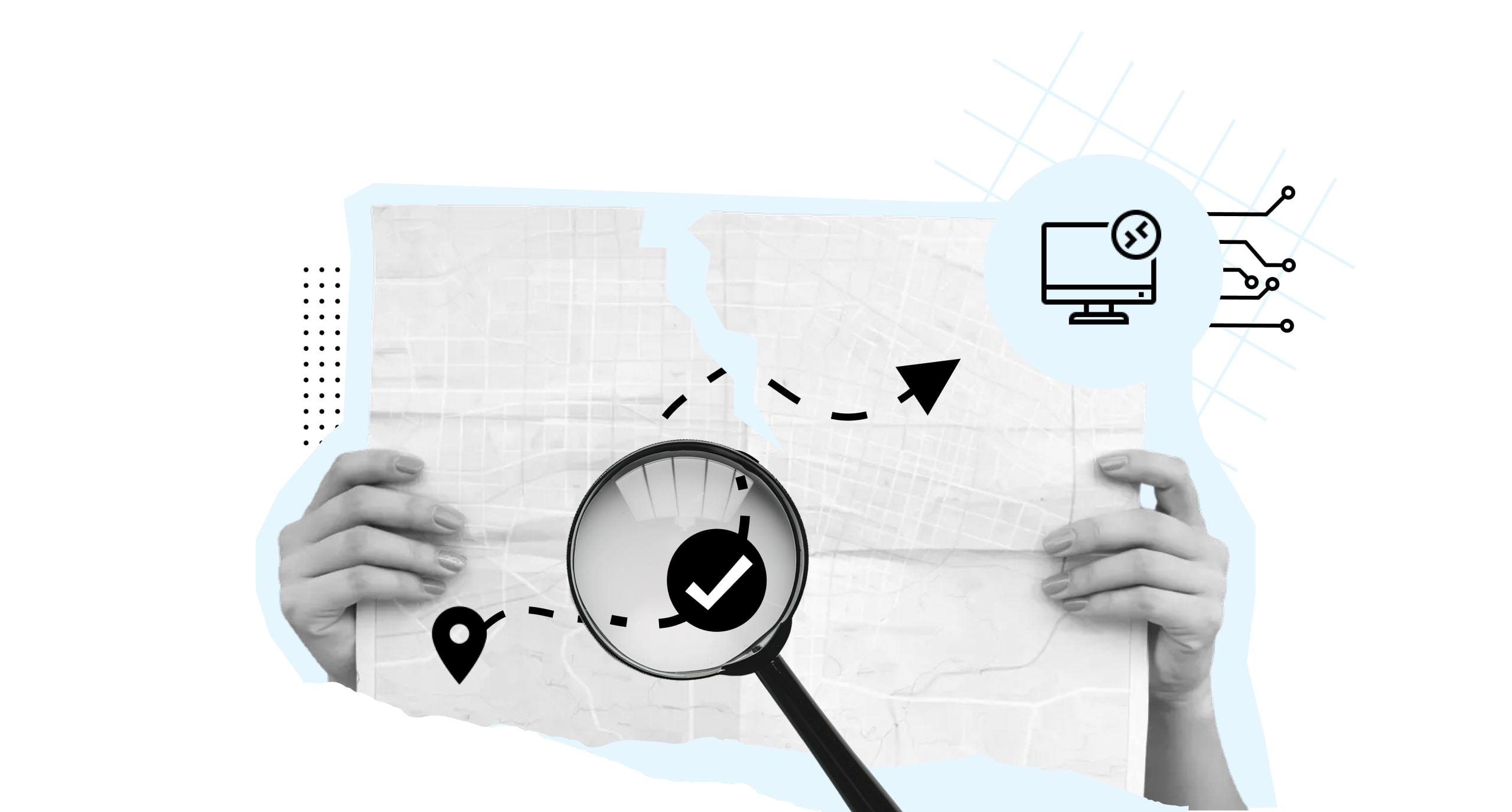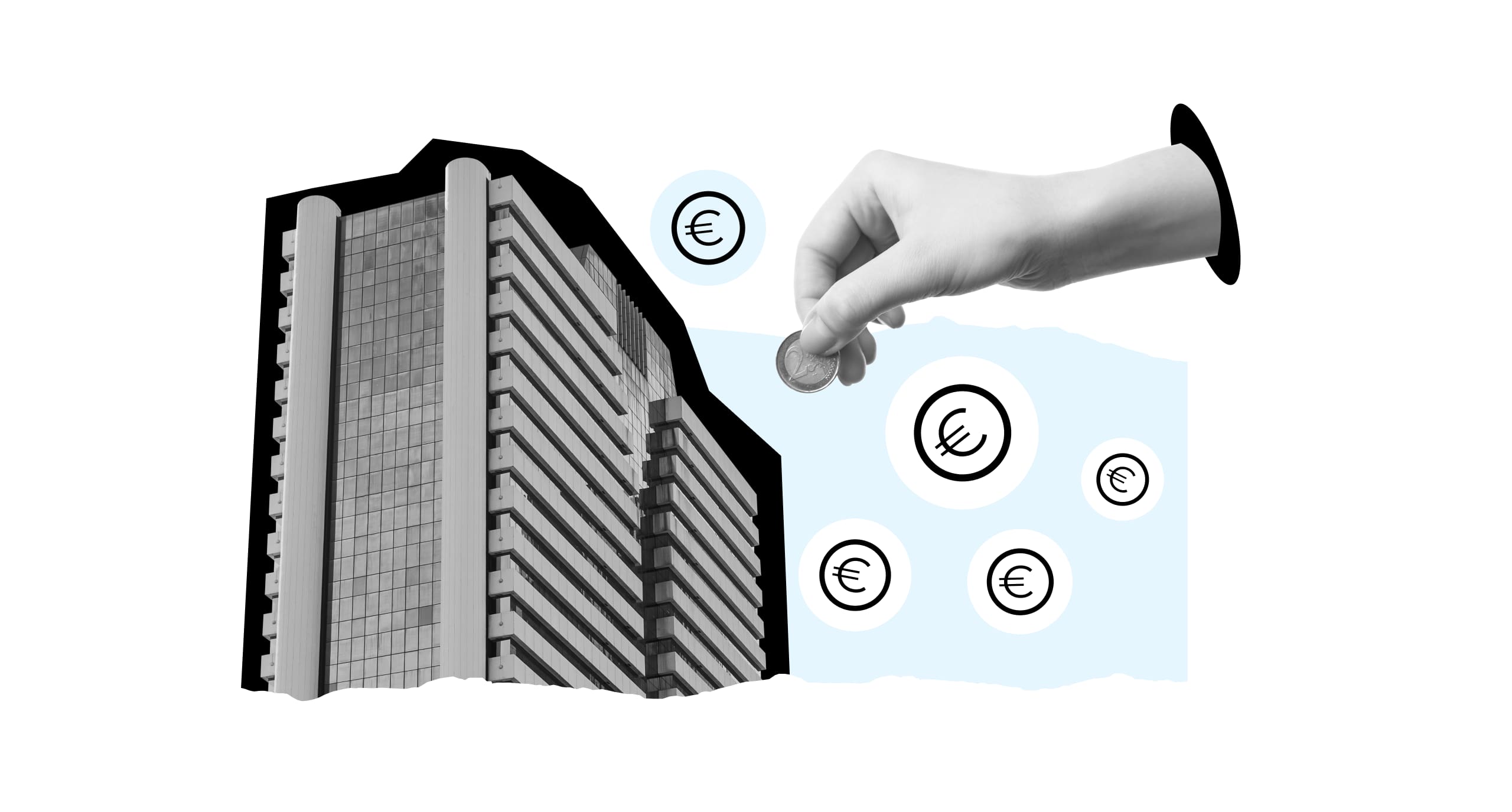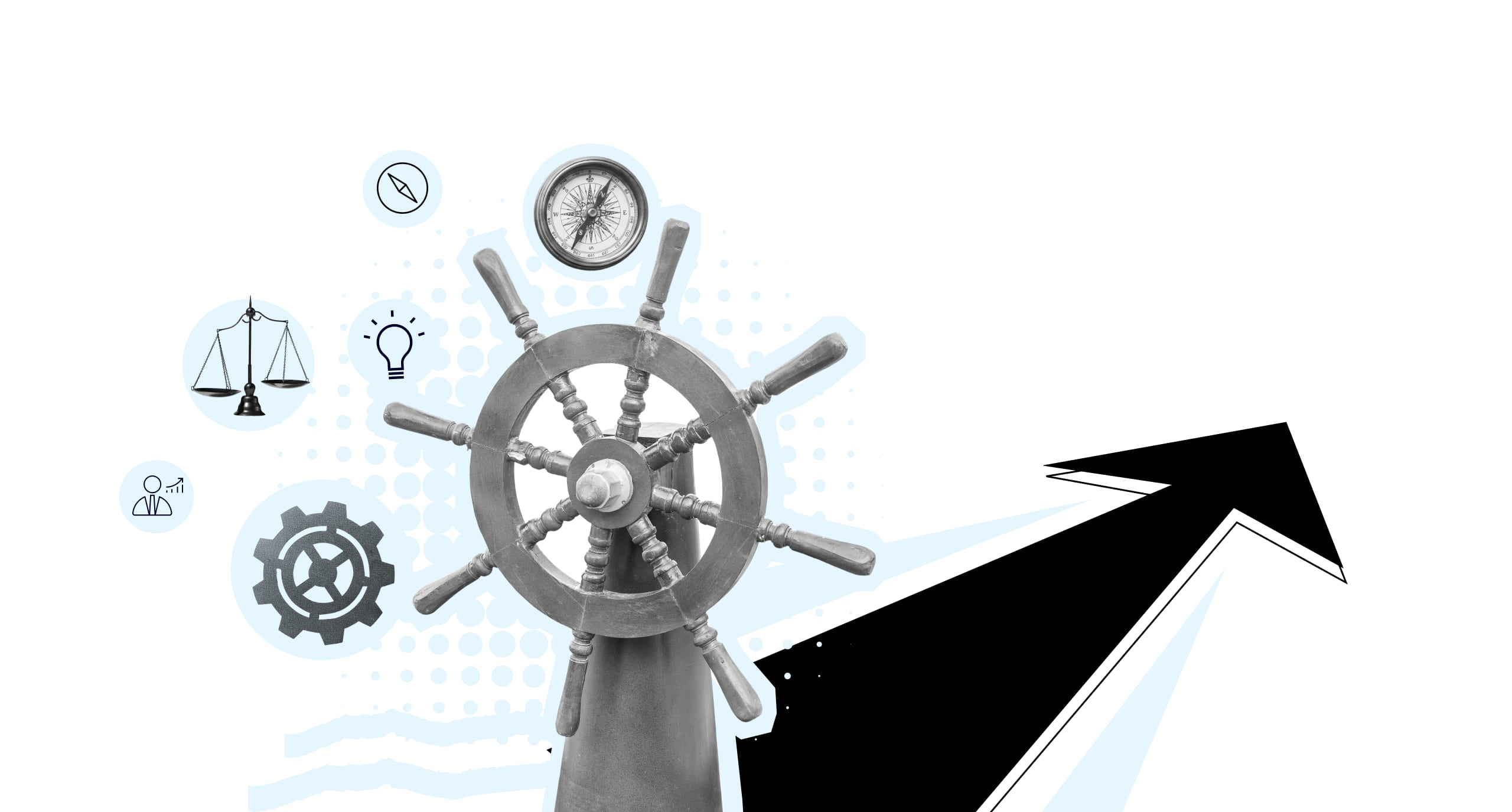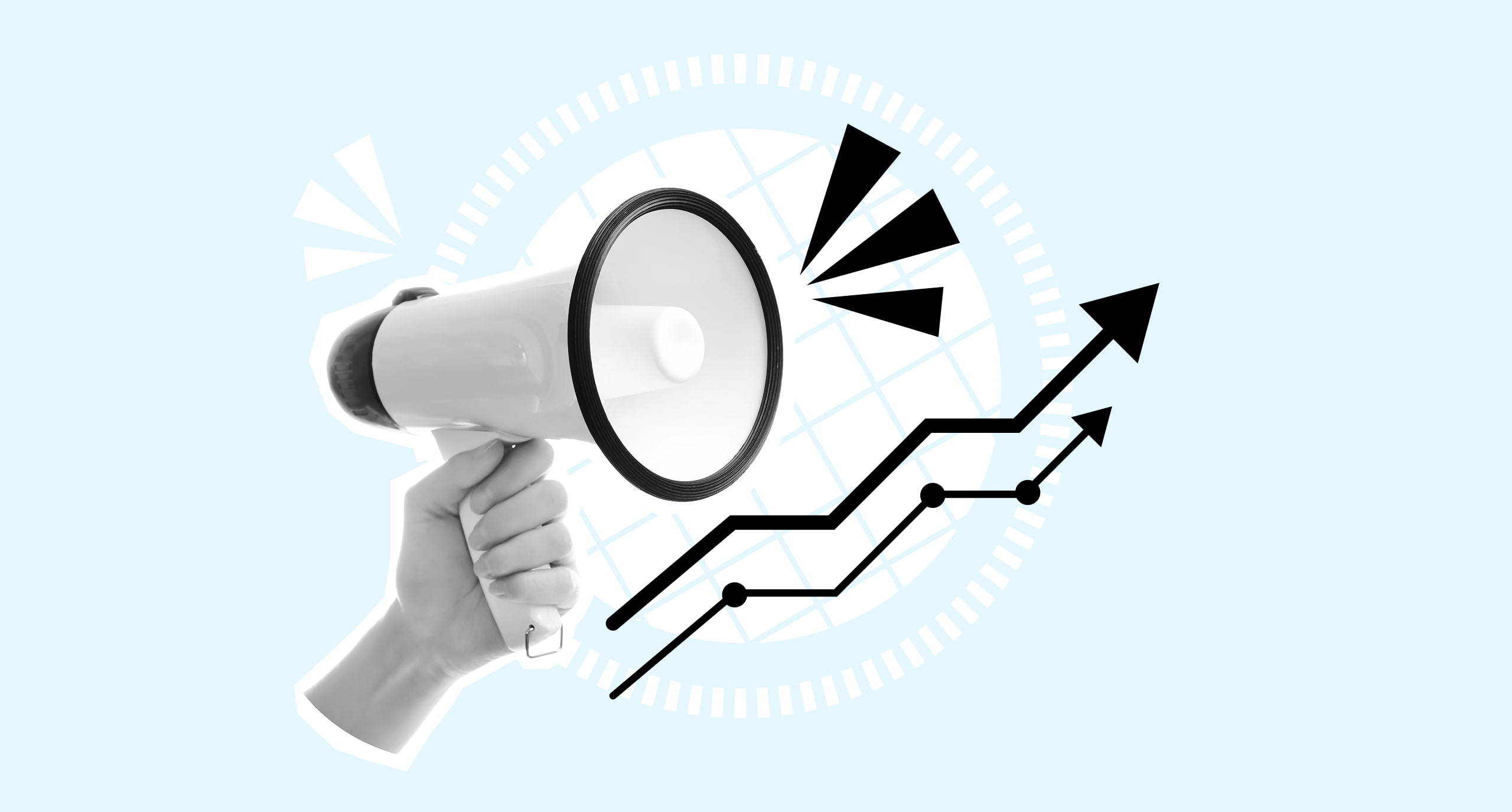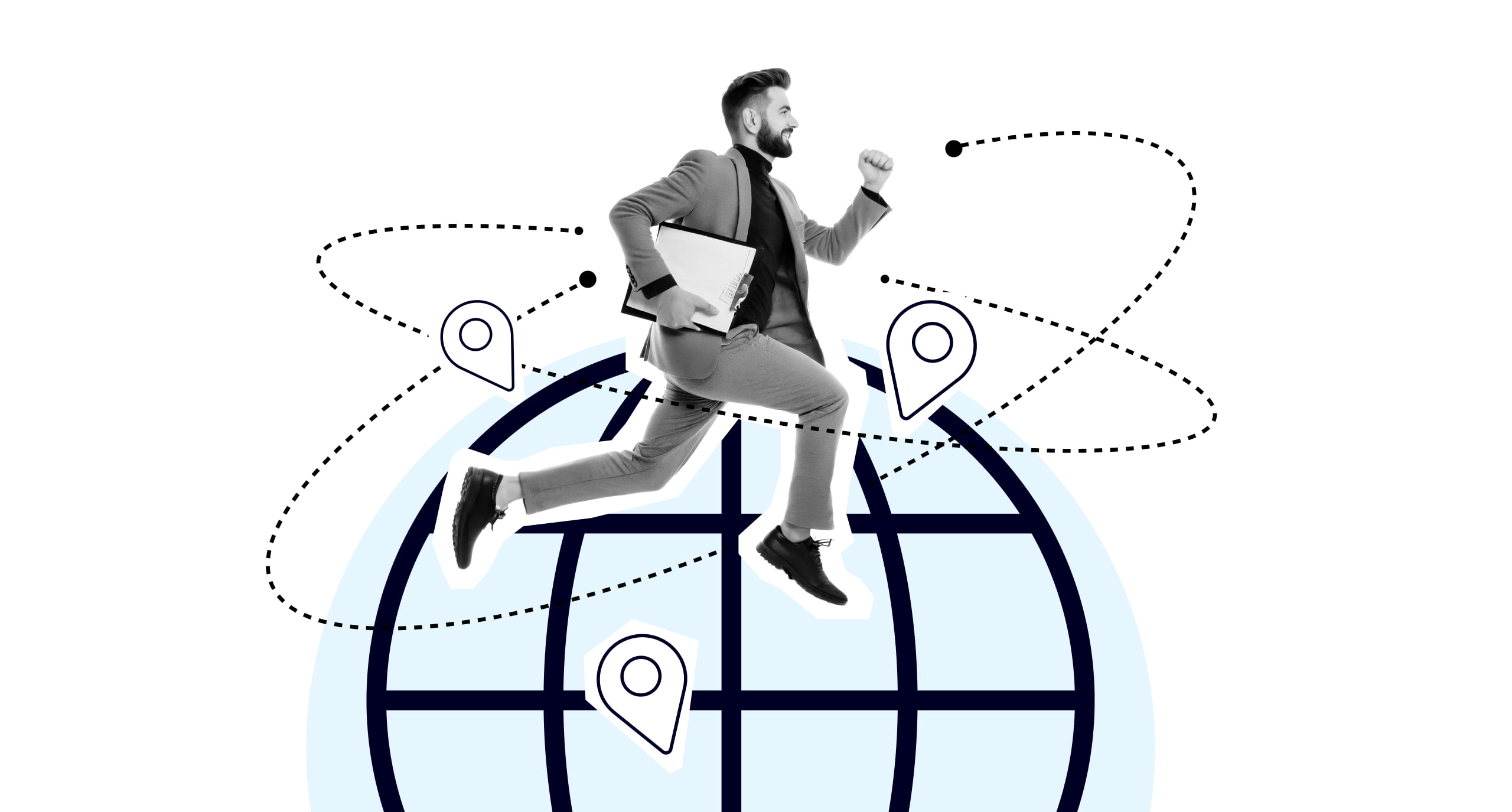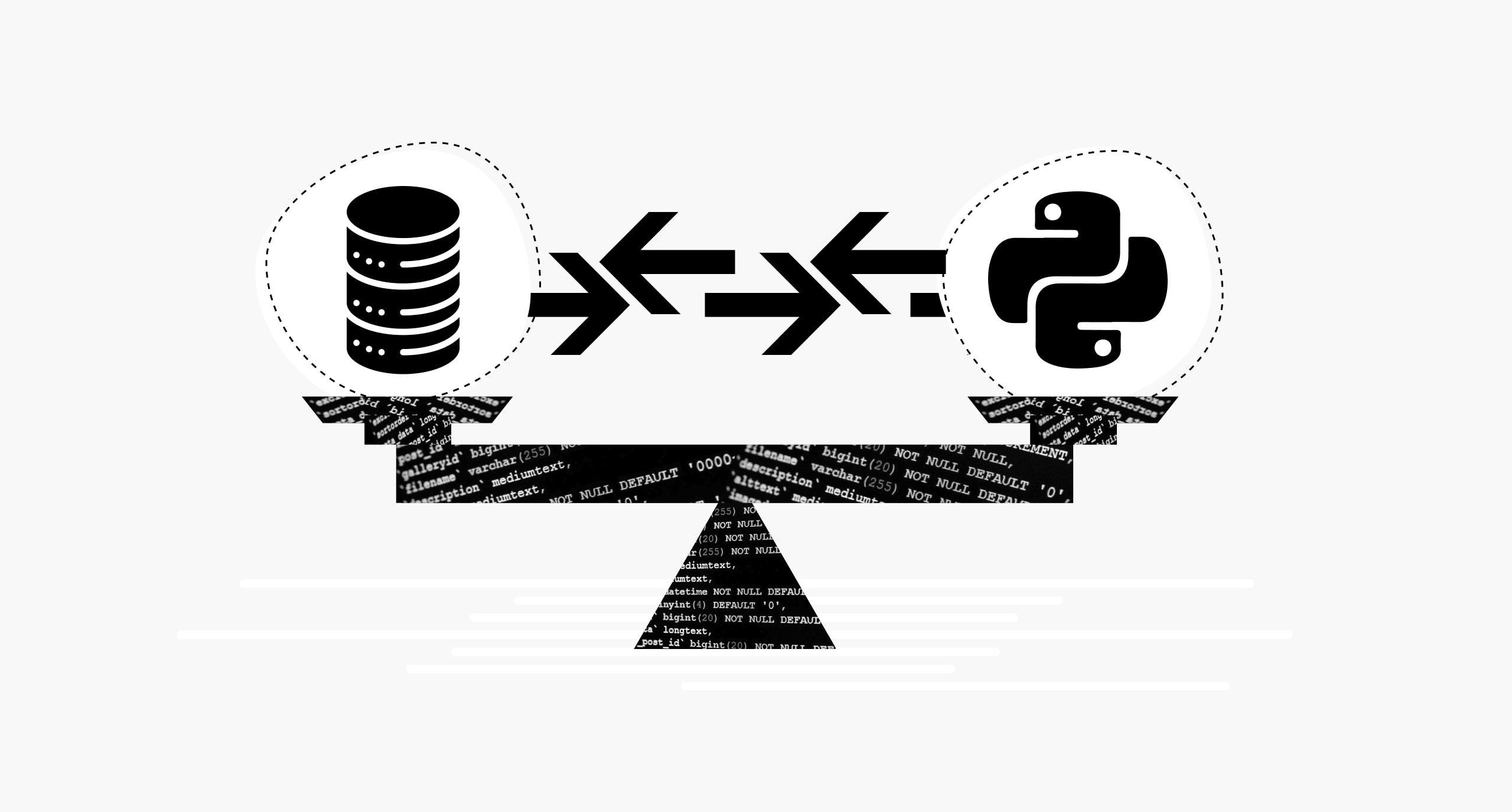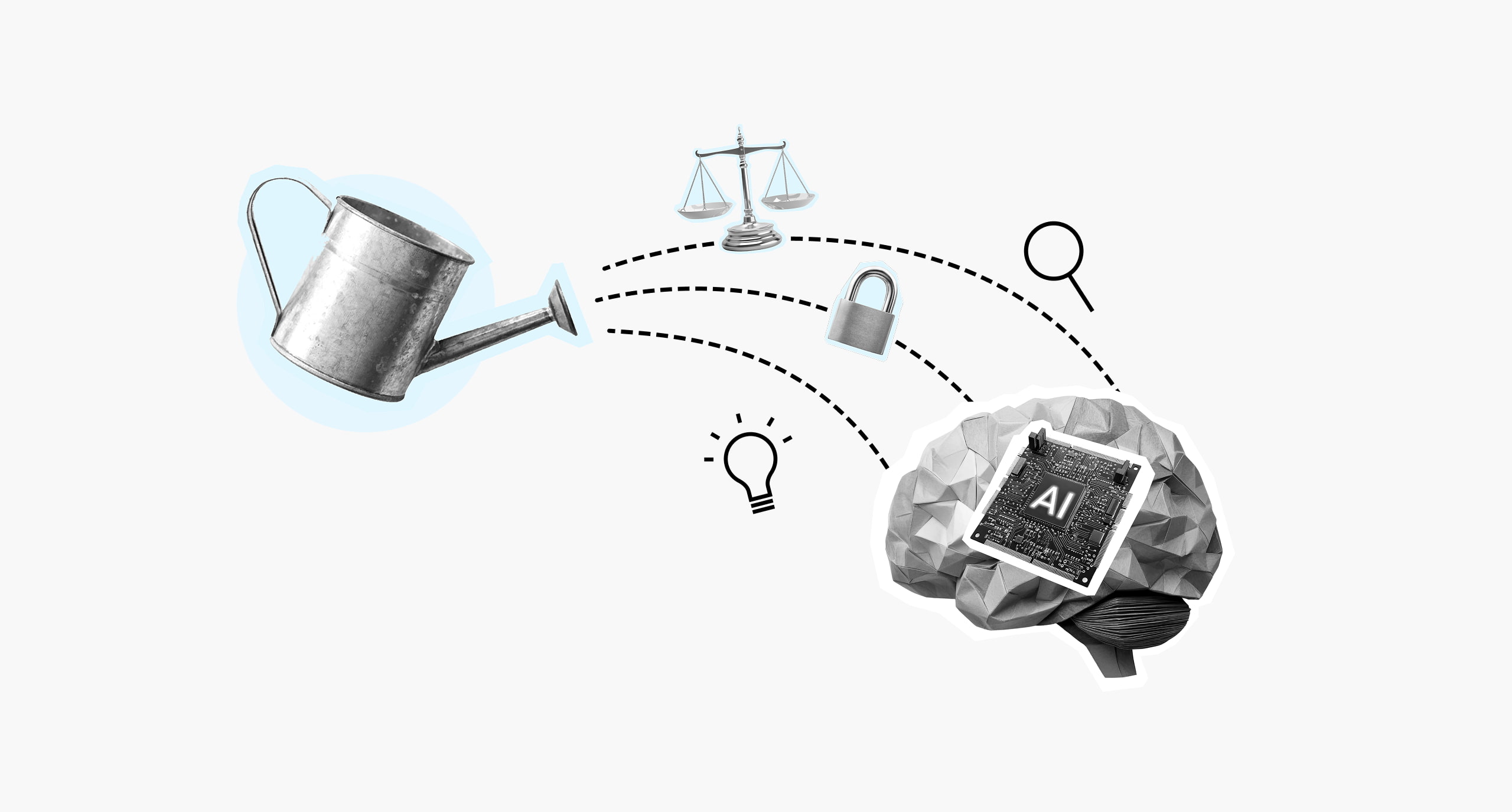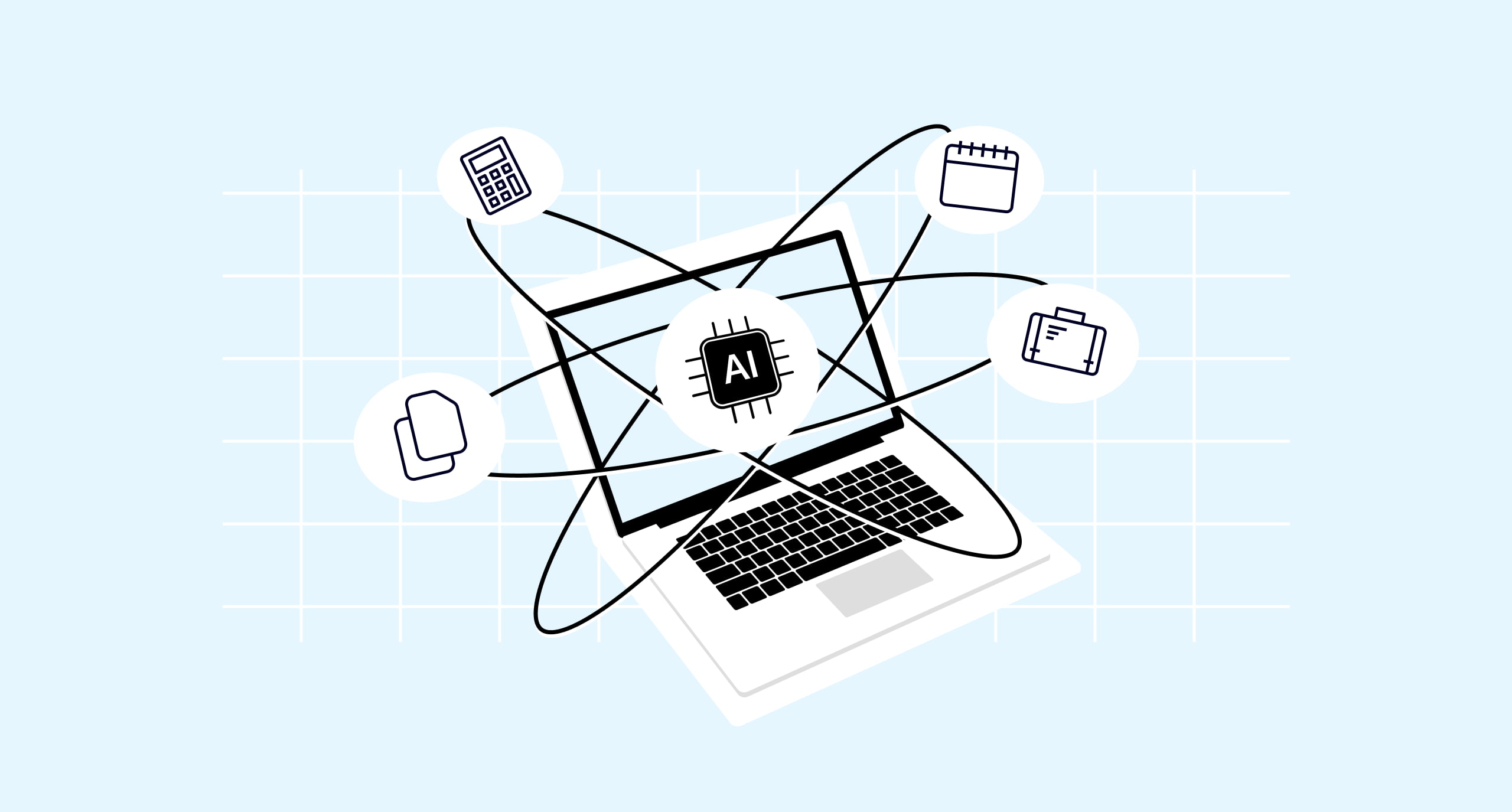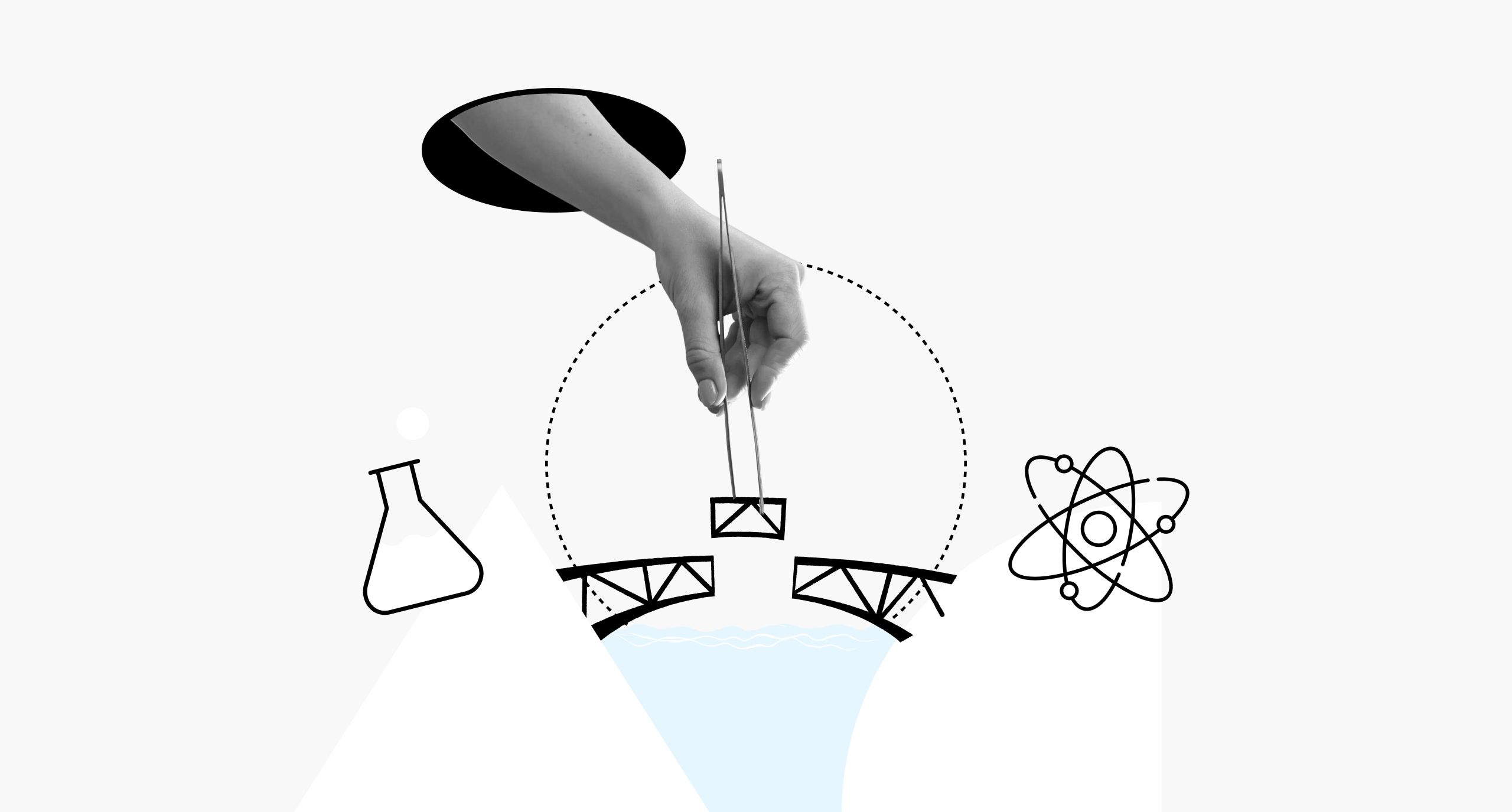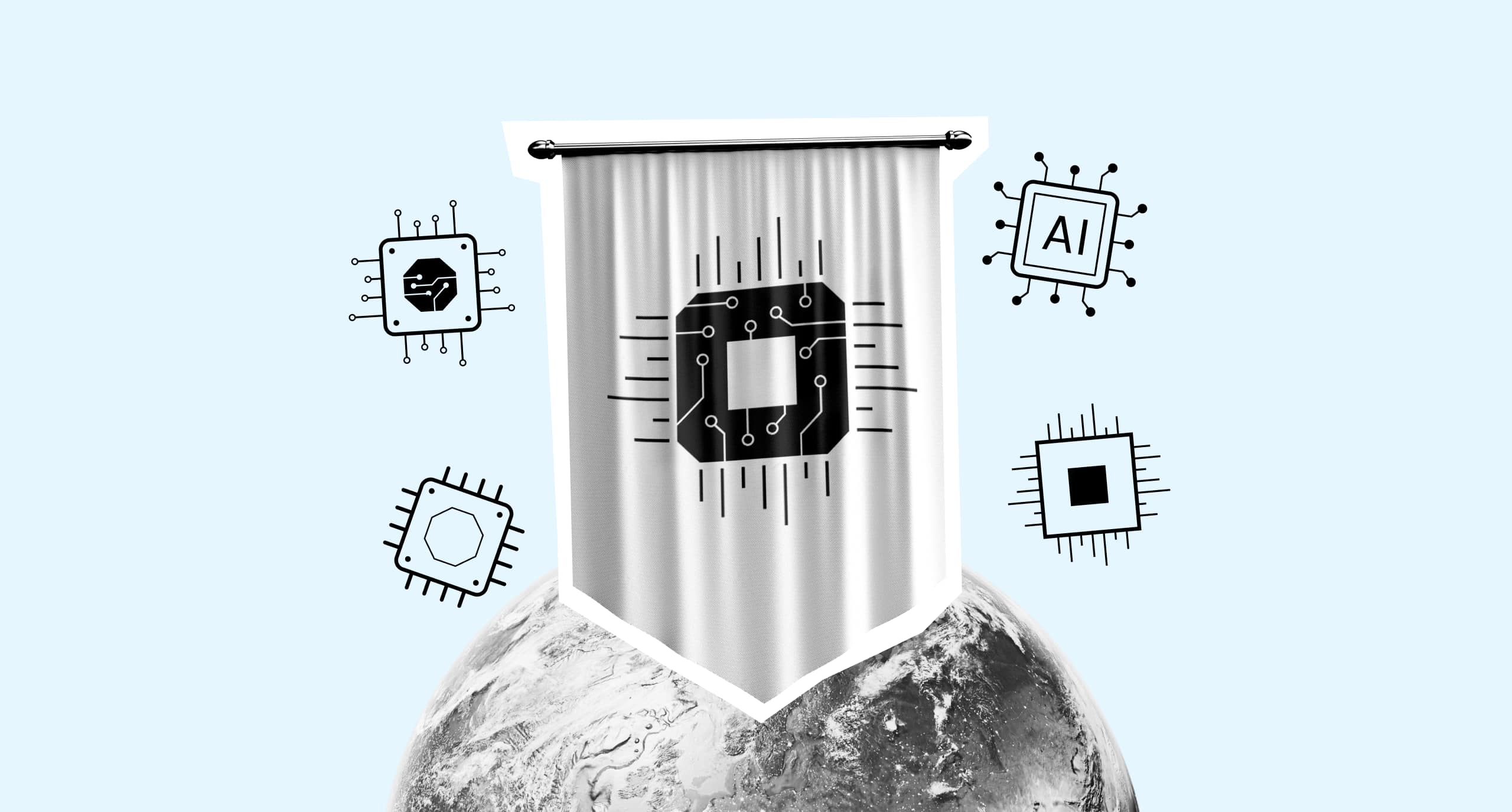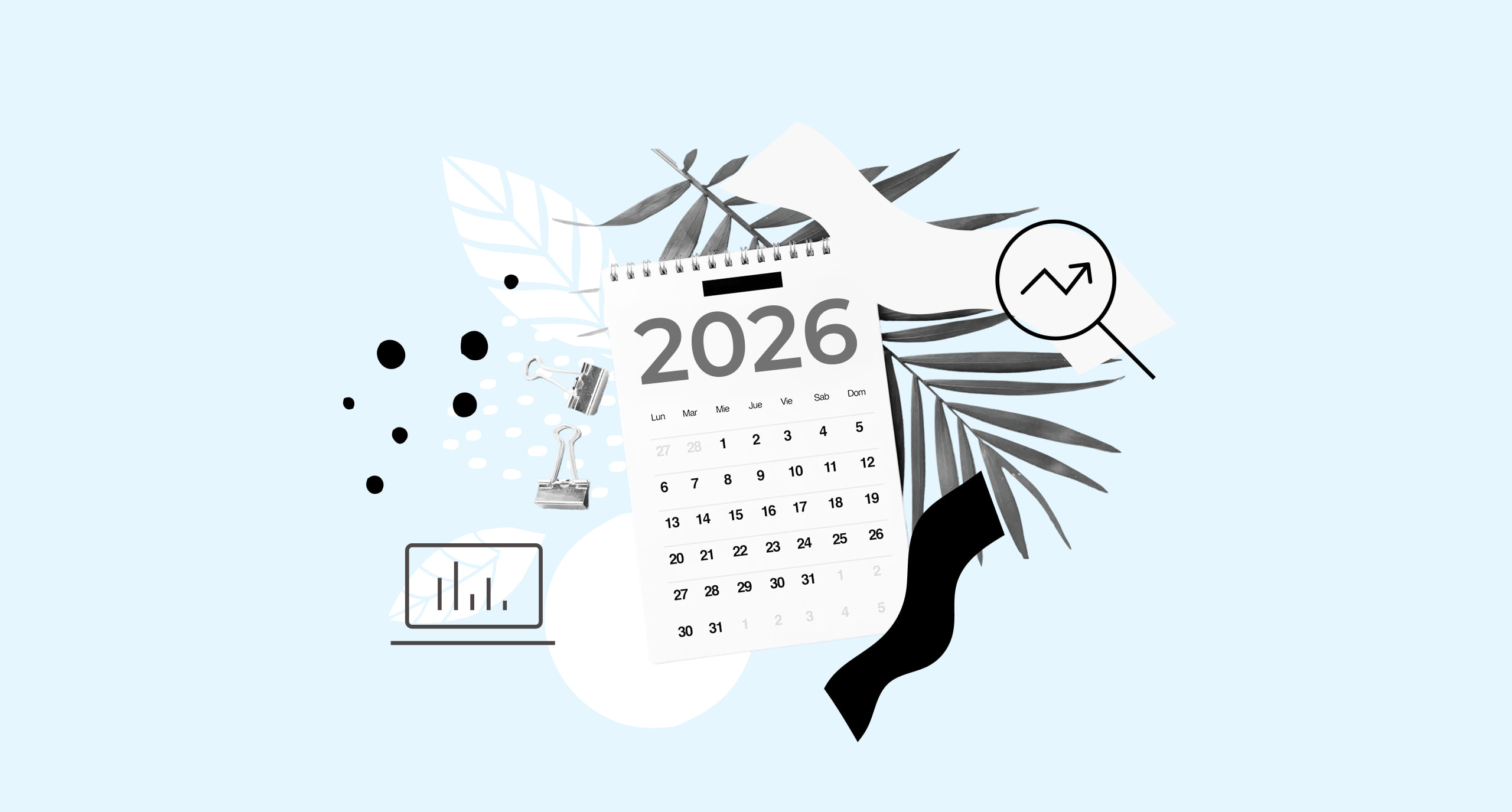Let’s talk about something terrible that happened. Back in 2013 and 2014, hackers snuck their way into some 3 billion Yahoo user accounts. They got hold of email addresses, security questions and names. Yahoo lost $1 billion in value because they didn’t know how to protect your data.
You must learn how to protect personal information online. We’re going to show you how.
Why is it important to protect your personal information online?
Protecting your personal data online is crucial to prevent identity theft, which affected over 1.1 million people in 2022. Unauthorized access to your email, security questions, or personal details can lead to serious consequences like tax fraud or fraudulent loan applications. This damages your reputation and privacy.
Hackers can exploit weak passwords or insecure networks to drain your financials. That’s why we’ve seen the rise of two-factor authentication. Companies understand they have a responsibility to nudge safe behavior. However, ensuring you only log in via secure connections is your responsibility.
Safeguarding online data also preserves your reputation. A private digital footprint allows you to explore ideas free of monitoring. You deserve freedom of thought, and having your reputation damaged online can affect your admission to college, legal rights and even susceptibility to blackmail.
How do I protect my personal information online?
One thing is watching for bystanders at the ATM. But how to stop hackers from stealing my data remotely, you ask? Here are some good pointers to bear in mind:
1. Use strong, complex passwords with a password manager.
2. Enable two-factor authentication (2FA) to all your accounts.
3. Install software and app updates to cover any vulnerabilities.
4. Avoid clicking unknown links to prevent phishing attacks.
5. Regularly back up data on external hard drives to ensure you can shut down accounts without losing information.
With these five steps, you’re giving yourself a good base to protect against data theft.
How to prevent identity theft after data breach?
Despite implementing these steps, it’s possible you’ll still suffer a data breach. But there are things you can do to minimize the impact.
Firstly, if your personal information or credit card details are stolen, you should change all affected passwords immediately. You should also notify your bank and consider freezing your card to prevent withdrawals from your account.
Next, review your bank account carefully for any unfamiliar transactions. Anything suspicious should also be communicated to your bank so they can escalate alerts. Generally speaking, it’s good to monitor your account regularly to help catch fraud early.
Finally, check your credit report for any suspicious activity, such as new account openings or unknown inquiries. These may all affect your credit score. Furthermore, you may be subject to more phishing scams after a breach, so always keep in mind that no legitimate organization will ask for your PIN or password unsolicited.
How to protect data on your phone?
Mobile phones now play a central role in our lives. Knowing how to stop data theft from your personal device is important—luckily, though, there are lots of ways to secure your phone.
Automatic lock features should always be enabled, alongside biometric options like fingerprint or face recognition. You should also take advantage of built-in security features. Software like “remote wipe” allows you to erase all data from a distance in case your phone gets stolen. In that case, you’ll also want to enable features like “Find My iPhone” to help you track down a lost device.
Being intentional about where you download apps is also key for how to protect your data from a cyber attack. So, only ever download from trusted sources like App Store or Google Play. You should also regularly install security updates to patch vulnerabilities and keep your device safe from malware and unauthorized access.
Consider a career in cybersecurity
Are you interested in data safety? You should consider studying with us at IE School of Science & Technology.
Graduates from our Master in Computer Science & Business Technology hone their knowledge in a range of professionally-relevant topics. We know that the digital landscape is always changing, and what was relevant yesterday will be obsolete tomorrow. That’s why our students learn from people in real business settings.
If you’re interested in how you can access future-proof tech careers at the best companies, read our interview with Sebastian Viehhofer, who’s now working in cybersecurity at Palo Alto Networks.
Start your career in cybersecurity with IE School of Science & Technology
Get the right side of tech trends with our groundbreaking Master in Computer Science & Business Technology.

Benjamin is the editor of Uncover IE. His writing is featured in the LAMDA Verse and Prose Anthology Vol. 19, The Primer and Moonflake Press. Benjamin provided translation for “FalseStuff: La Muerte de las Musas”, winner of Best Theatre Show at the Max Awards 2024.
Benjamin was shortlisted for the Bristol Old Vic Open Sessions 2016 and the Alpine Fellowship Writing Prize 2023.

